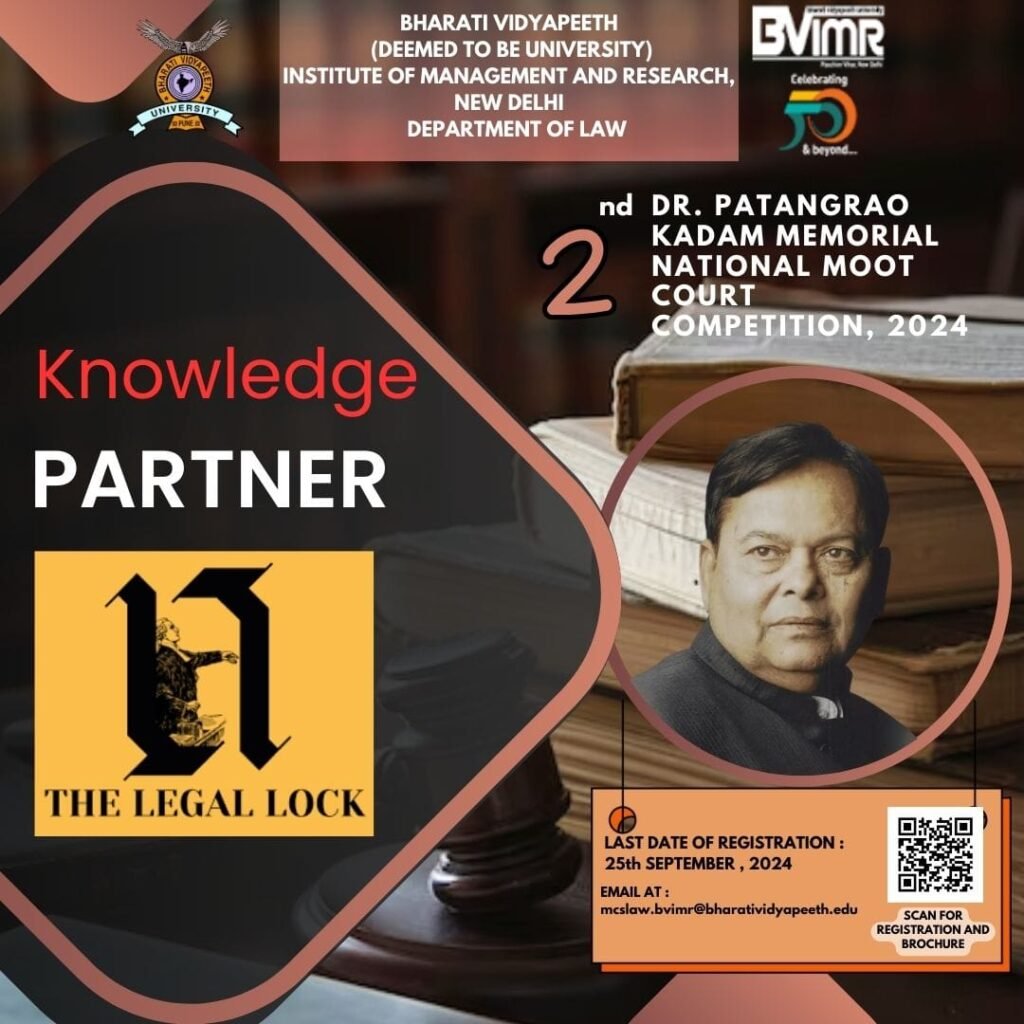









“RAPE” is unlawful sexual activity and sexual intercourse carried out forcibly or under threat of injury against the will of a female or with a person who is beneath a certain age or incapable of valid consent. Rape is a type of sexual assault involving sexual intercourse or other forms of sexual penetration carried out against a person without that person’s consent.
The act may be carried out by physical force, coercion, abuse of authority, or against a person who is incapable of giving valid consent, such as one who is unconscious, incapacitated, has an intellectual disability, or is below the legal age of consent. The term rape is sometimes used interchangeably with the term sexual assault.
Here are key points from the data: 28,046 Rape Cases, 3,71,503 Crimes against Women: Nearly 77 rape cases were reported across India on an average every day in 2020, totaling 28,046 such incidents during the year.
Among all such events that took place in India, a remarkable incident was the case of Mukesh & Anr v. State for NCT Of Delhi & Ors. popularly known as the NIRBHAYA CASE. The Indian rape laws do not allow using the victim’s name in the media, thus such a term was given to the case, wherein ‘Nirbhaya’ means fearless. It took 5 years to do justice to that girl (hereinafter Nirbhaya).
On December 16, 2012, it was a cold evening in Delhi a twenty three year old lady, a paramedical student has gone with her friend (hereinafter PW1) to watch a movie at PVR Select City Mall, Saket. Then after a few hours, on the shattering cold night, they walked toward Munirka Bus-Stand after waiting so long there was one bus. The bus had 6 men, including the driver, Ram Singh, Mukesh, Vinay Sharma, Pawan Gupta, Akshay Thakur, and a juvenile.
Firstly, a couple of men started commenting on nirbhaya and PW1 and started passing obscene taunts. Then one man started assaulting nirbhaya, in defense PW1 hit that man. In return, all 6 men knocked down PW 1 with an iron rod and tore off his clothes; the nature of the crime was very brutal, barbaric, and diabolic, and robbed them of their personal belongings like debit cards, rings, PW1 shoes, etc.
Now, they attacked nirbhaya by forcibly disrobing her and committing violent sexual assault by all the appellants.their brutish behavior is having anal sex and forcing her to perform oral sex. the injuries on the body by way of bites on her face, lips, jaws, near ears, on the right and left breast. they didn’t stop here they inset rod in her private parts that, inter alia caused perforation of her intestine which caused sepsis and, ultimately, led to her death.
Also check: When consent is not said to be free (Article 15-22, ICA 1872)As further proof, at the cold winter night they threw the informant (PW1) and nirbhaya on the road. After throwing them, the convicts tried to run the bus over them so that there would be no evidence against them. They made all possible efforts in destroying the evidence by inter alia, washing the bus and burning the clothes of the victim and after performing the gruesome act, they divided the loot among themselves.
The appellants left them thinking that they were no more alive. Lying naked, as the clothes were removed from their bodies, they shouted for help and the night patrolling vehicle, a motorcycle, arrived and one man (PW72), gave the shirt to the boy and contacted the control room from which a Bolero patrol van came.
they brought a bedsheet and tore it into two parts and gave a piece to each of the victims so that they could cover themselves and feel civil. The PCR van took the victims to Safdarjung Hospital where treatment commenced.
The trial court convicted all the accused persons, under section 120-B/365/366/376(2) (g) /377/ 201/ 395/ 397/412 IPC. As the death penalty was imposed, then he referred the matter to the High Court, vide judgment dated 13-3-2014, affirmed the conviction and confirmed the death sentence and dismissed the appeals, the Supreme Court.
The issues were:
To impose a death sentence, the court must first consider the aggravating circumstances against mitigating circumstances and where there are no mitigating circumstances, the court must then apply the Rarest of Rare test to determine whether the case falls within that category.
In the present case, the aggravating circumstances were that the crime had been committed in an extremely barbaric, disgusting, diabolical, sickening manner and therefore the merciless manner to stir up severe outrage from society. Exceptional depravity and extreme brutality were also seen in the acts of the accused.
Before her death, extreme misery was imposed on the prosecutor and this event had a serious effect on the social order of the crime. In the present case, the mitigating circumstances were the issues that were raised by the counsel of the convicts. Accordingly, the aggravating situations outweigh mitigating factors.
As the case was made very strong from its trial from the level of the subordinate court, the appeal made by the Respondent against the Judgment of the Subordinate Court at the High Court also gave the same Judgment; the High Court confirmed the order passed before.
Also check: LAWFUL PROSPECT ON NON-CONSENSUAL SEX: CONSENT AND COERCIONA bench comprising the Chief Justice Dipak Misra, Justice R Banumathi, and Justice Ashok Bhushan delivered the judgment in the landmark case of Nirbhaya, where the remaining 4 criminals among the 6 were awarded the death sentence.
The convicts were Mukesh, Pawan Gupta, Vinay Sharma, and Akshay Kumar Singh who were awarded the death sentence, and the minor was convicted by the Juvenile Justice Board and was sent to a reformation home for 3 years. The remaining accused among the 6 was Ram Singh. He committed suicide in jail before conviction.
Though it was contended that the case does not fall under the rarest of rare cases, the court rejected such contention, and awarded the death sentence, because generally a death sentence is awarded only in the rarest of rare cases and not for all crimes. The 4 criminals were hanged at Tihar Jail on 20 March 2020 at 5:30 am which was welcomed by the citizens even at the time of the pandemic situation.
Even after such a landmark judgment and punishment, India still witnesses many noticed and unnoticed rape cases, such as the Shakthi Mill Gang Rape Case which took place in 2013, and the Hyderabad Gang Rape Case took place in the year 2019, etc.
All these incidents are not just a violation of human rights but far from that where the victim’s sustainability becomes a big question mark.
Though India made its presence in modern society by updating various laws and creating awareness about gender equality which is present in the Indian Constitution, the sudden action and delay in judgment caused India to stand back in controlling such crimes because ‘justice delayed is justice denied. But in the case of Nirbhaya, justice is not denied though it is delayed. However, such a delay paves way for other serious crimes
Introduction: Counterfeiting Government Stamps In Chapter XII of the Indian Penal Code (IPC), sections 255 to 263A outline offenses related to counterfeiting government stamps. These sections specifically address counterfeiting stamps, their possession, sale, and fraudulent use. Here’s an overview of each section: Section 255: Counterfeiting Government Stamp This section defines…
Introduction The Electricity Act, 2003 is a Parliament of India Act designed to improve India’s electricity sector. The legislation addresses essential concerns of power generation, distribution, transmission, and trade. Though specific provisions have already been legislated and provide advantages, a few others have yet to be implemented entirely. This article…
(adsbygoogle = window.adsbygoogle || []).push(<>); Background In 1989, when Shri S.R. Bommai was coordinating the Janata Dal organization in Karnataka, various individuals quit the gathering and started an issue blemish on the public authority’s expansive help inside the house. The main priest proposed to the lead representative that a get-together…
You must be logged in to post a comment.









The Legal Lock is your key to navigating the complexities of the legal world. We are a comprehensive legal resource platform designed to empower individuals with the knowledge and tools they need to succeed.
Subscribe to our newsletter!